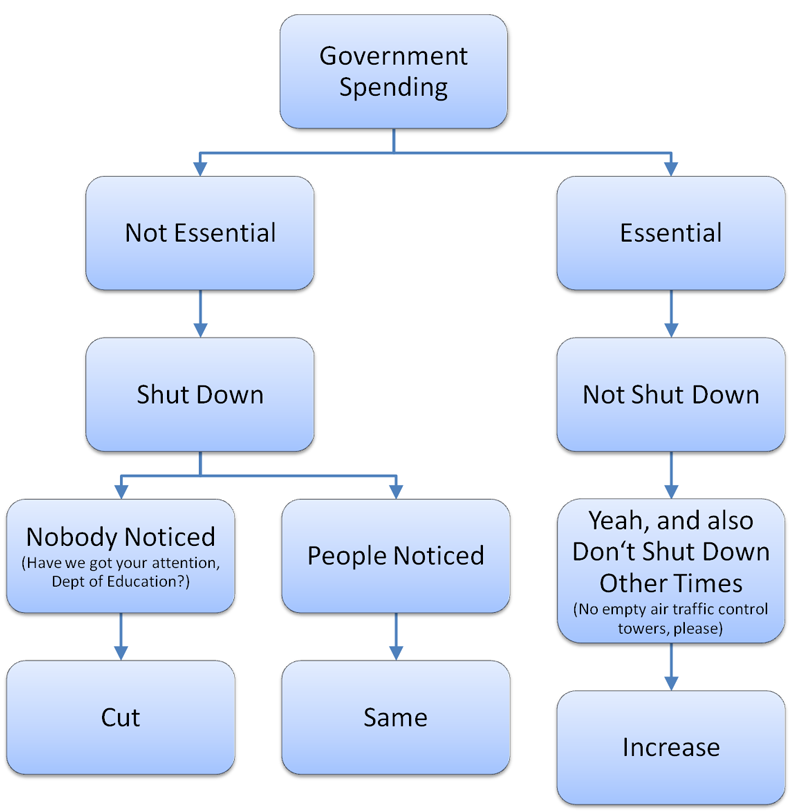Today is the 100th anniversary of the Triangle Shirtwaist Company Fire. 146 people, mainly immigrant women, some as young as 14 years old, died when a fire broke out on the top three floors of a garment factory at the corner of Greene and Washington Place, just off Washington Square Park in New York City.

A year before, the women of Triangle Shirtwaist had led a city-wide strike of 20,000 garment workers to protest crowded, unsafe working conditions and low wages. The owners of Triangle Shirtwaist, recent immigrants themselves, opposed organized labor and fought back against the strikers’ demands.
New York at the time was an important center of textile manufacturing. Manhattan alone had more than 450 textile factories, which employed some 40,000 workers. Many of them, like the women of the Triangle Shirtwaist Company, were recent immigrants from Italy, Poland, Russia and Hungary. Factory owners were under intense competitive pressure to keep productivity up and costs low. It was not uncommon for garment workers to work 14 hours a day, 7 days a week, for less than $4 a week.

Ironically, the Triangle building was considered a model of modern safety standards, compared to the dark and crowded working conditions of tenement apartment sweatshops common at the time. Triangle was a “fireproof” building, with freight elevators, high ceilings and windows that allowed light onto the factory floor.
The fire that began at 4:30 pm 100 years ago today started on the 8th floor and spread quickly upwards, igniting machine oil and flammable piles of cotton scraps and shirtwaists on the factory floor. The workers rushed to escape but found the main stairs chained shut (the bosses didn’t want them taking breaks or stealing shirts and routinely searched them before they could leave the building.) While some made it out via the single freight elevator, others were pushed to their deaths in the elevator shaft. The flimsy fire escape came unmoored from the building in the heat, killing many more.
Firemen could do little to help, since ladders at that time reached only as far as the 6th floor. The women trapped on the 9th floor began to jump out the windows, and the nets the firemen were holding were ripped uselessly from their hands by the weight of the bodies falling from such a great height. Thousands of New Yorkers out for a Saturday stroll though Washington Square Park witnessed the horrible scene.

The factory owners on the top floor escaped out the roof and onto an adjacent building. They stood trial for criminal manslaughter but were acquitted; the jury wasn’t convinced that the owners knew the exit doors were locked.
Still, the consequences of the fire were far-reaching. Public outrage led to more than 30 new laws passed within two years, creating new standards for minimum wages and maximum hours, encouraging collective bargaining, and addressing all the safety failures at the Triangle Factory.

The Triangle Factory building now houses the NYU Chemistry and Biology Departments. A plaque from the International Ladies Garment Workers Union reads:
On this site, 146 workers lost their lives in the Triangle Shirtwaist company fire on March 25, 1911. Out of their martyrdom came new concepts of social responsibility and labor regulation that have helped make American working conditions the finest in the world.
The fire was a terrible tragedy. But today we can be thankful for 100 years of development and public safety regulation that prevent workplace disasters like this one in New York City.

--
Photos: 1,2,3,4,5 taken by the author with permission at “The Triangle Shirtwaist Factory Fire: One Hundred Years After” at NYU Open House; 6 taken by the author on March 24, 2011.

 From Aid to Equality
From Aid to Equality
















